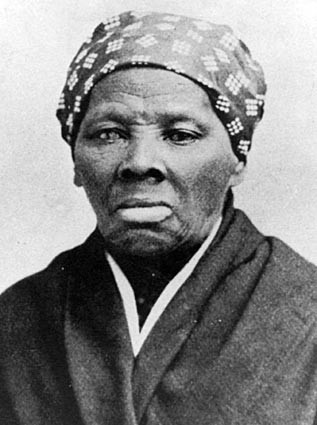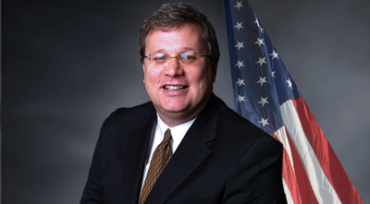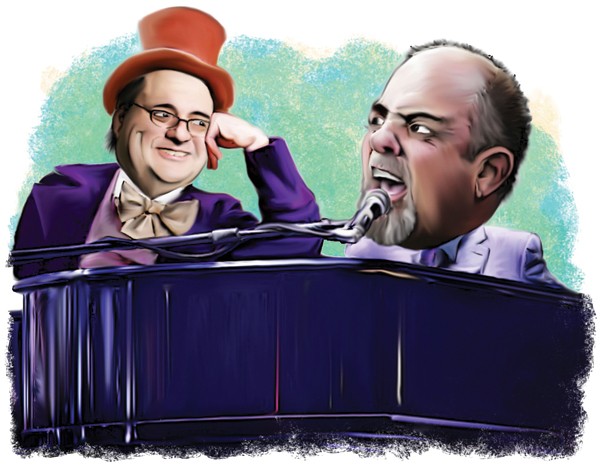 Greg Cravens
Greg Cravens
About Jackson Baker’s post, “State House Declines to Override Haslam Veto of the ‘Bible Bill'” …
Such a colossal waste of time and our tax dollars. If only these fools put this much energy into solving real problems.
Jamie Outlaw
A little injection of sanity and common sense never hurt anyone, including the Tennessee state legislature. Well spoken, Steve McManus, the one who really addressed the matter as it should have been addressed.
Packrat
This whole story reads like a synopsis of an old Gilligan’s Island episode.
OakTree
About Bianca Phillips’ story, “Q&A With a Fast-Food Worker on Fight for $15” …
These jobs were originally created to be for part-time teenagers, working after school and on weekends, or seniors working the morning shifts. But the economy has turned these positions into ones from which people, mostly unskilled labor, are looking to support their families. If the minimum wage goes up to $15 an hour, I’m afraid the unskilled labor force is going to be competing with people who have working experience, even possibly college degrees. And although I agree the minimum wage is woefully overdue for an upgrade, I’m afraid doubling it won’t be the optimal situation for the current workers fighting for it.
Mejjep
He wants more money for the same work, and I want to know why he thinks he deserves it. He has put himself in this situation, and it is fair for us to know why. Good intentions don’t mean squat. What I really want to know is why, with all the retraining opportunities the government provides, he is still working at an entry-level position for minimum wage.
Arlington Pop
The problem with APop’s argument is that the minimum wage has been kept artificially low by conservatives for decades. If it had kept up with wages and cost of living from its inception, it would now be something like $21/hour.
The real argument is never stated — that the minimum wage sets the bar for wages across the board. If you raise the minimum wage to $15 an hour, then all those slobs who have been toiling away in warehouses and factories and flower shops and kitchens for 20 years to work their way up to $15 an hour are going to want a raise, too. And if they get raises, then they will be making more than middle management, who will want raises, too.
This is what puts the fear of Jesus into the rent collectors. Such a law would create a massive shift of wealth out of the hands of the 1 percent, undoing 30 years of hard work buying off legislators to suppress wages.
That’s why the 1 percent works so hard to elect Republicans, who invariably crash the economy built up by Democrats. However, because they are only 1 percent of the population, they had to make a Faustian bargain with the Bible bangers and Confederate holdouts in order to hold onto power. The terms of that contract are finally maturing, and Donald Mephistrumpheles has come to collect their souls.
Jeff
About Toby Sells’ post, “Shelby Farms Development Clears Another Hurdle” …
Sad and shameful. But what else should we have expected from this sorry excuse for a city council? Follow the money, every time.
Barry Roberson
Soon they will be so successful, they will have to find overflow parking somewhere, somewhere close. There has to be a golf course close by they can park on. Isn’t that what golf courses are for?
CL Mullins

 Greg Cravens
Greg Cravens 
 Greg Cravens
Greg Cravens  Greg Cravens
Greg Cravens 
 Greg Cravens
Greg Cravens 